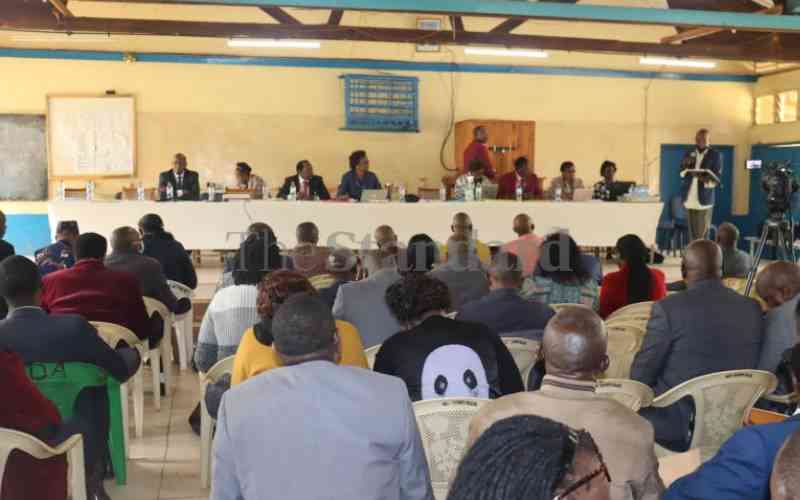×
The Standard e-Paper
Smart Minds Choose Us

Kenya is a nation governed by democratic principles. In recent years, we have made significant strides in improving our governance.
According to Article 1 of our constitution, sovereign power belongs to the people. The people exercise this power through their democratically elected representatives, which is then delegated to the Executive, the Legislature and the Judiciary.






